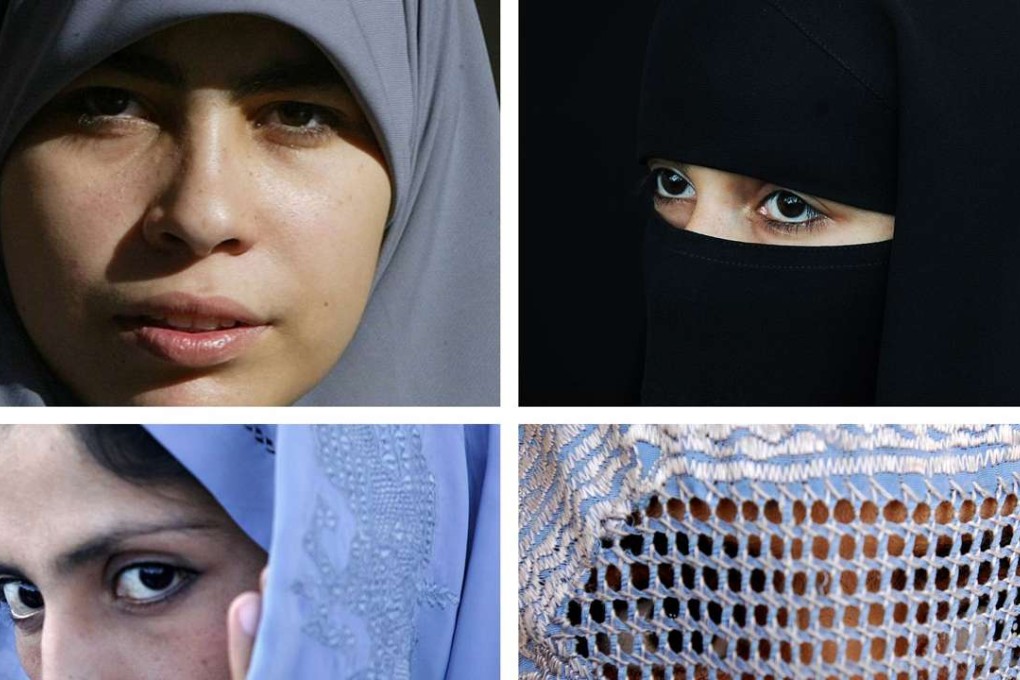To strike at the roots of radicalism, Europe must look beyond the burqa
Brahma Chellaney calls on European leaders to go after the petrodollar-fuelled sources of Islamic extremism, as steps such as banning burqas can only create social division

Europe is under pressure. Integrating asylum-seekers and other migrants poses a major challenge, complicated by a spike in crimes committed by new arrivals. Many European Muslims have become radicalised, with some heading to Iraq and Syria to fight under Islamic State, and others carrying out terror attacks at home. Add to that the incendiary nativist rhetoric of populist political leaders, and the dominant narrative in Europe is increasingly one of growing insecurity.
Many European countries are moving to strengthen internal security. But their approach is incomplete, at best. Germany and others have introduced measures including an increase in police personnel, accelerated deportation of migrants who have committed crimes, and the creation of new units to identify potential terrorists through their internet activities.

Even Germany has proposed a ban on face-covering veils in public places where identification is required. Such clothing, the logic goes, is not conducive to integration. But no internal security measures, much less clothing requirements, can guarantee Europe’s safety. Leaders must address the ideological roots of the security challenges they face.

Germany’s Merkel toughens tone on migrants as protesters gather against the mass assault on women on New Year’s Eve
The problem is not Islam, as many populists claim. Muslims have long been part of European society. Today, the threat results from radical Islamism – a fundamentalist vision of society reordered according to Sharia law. Beyond enduring suffering and violence, many refugees from Iraq and Syria have imbibed radical Islamist ideology and calls to jihad.